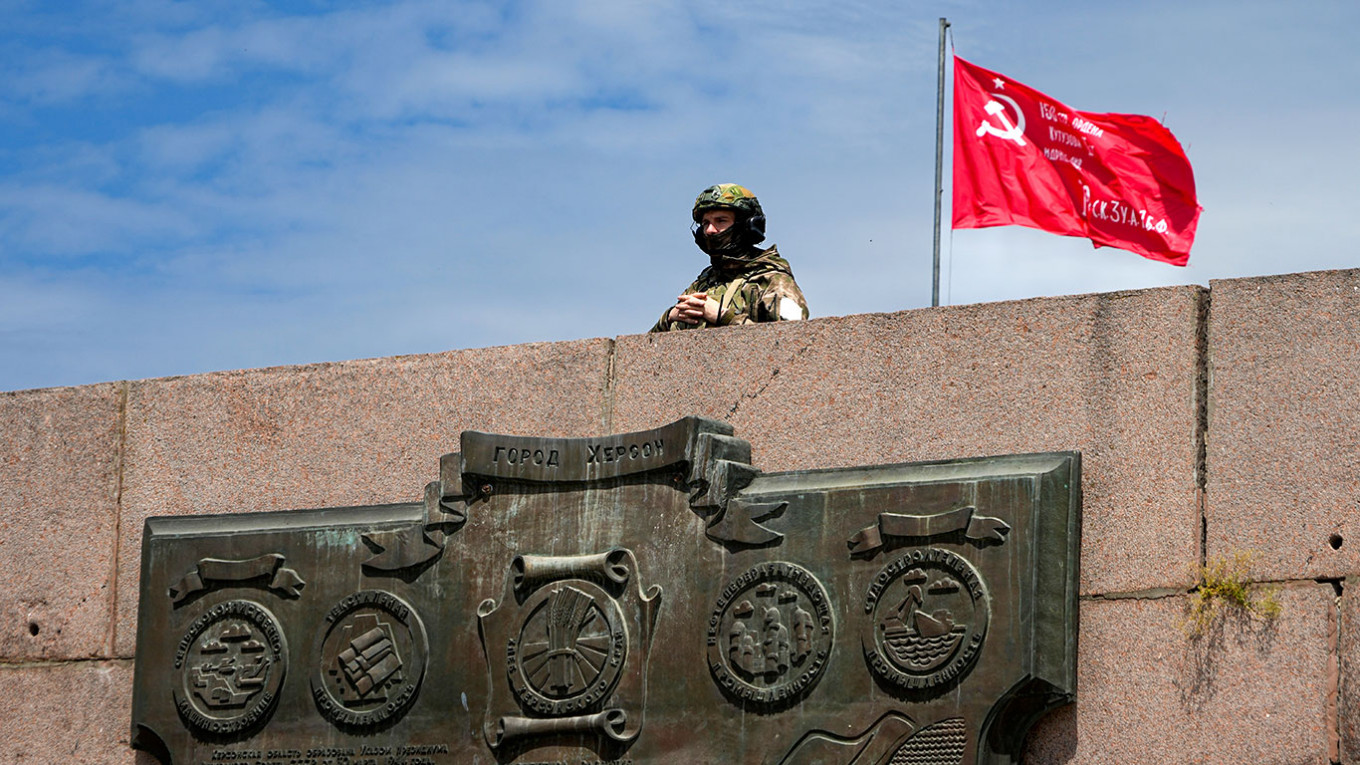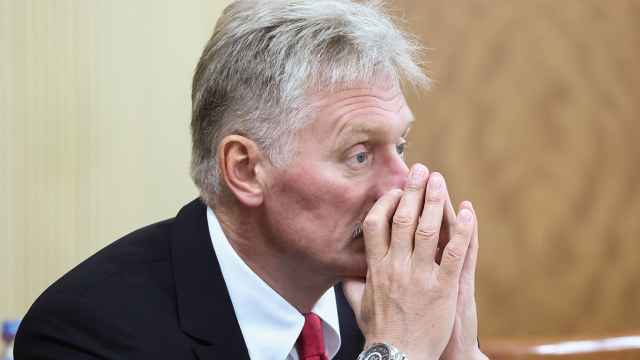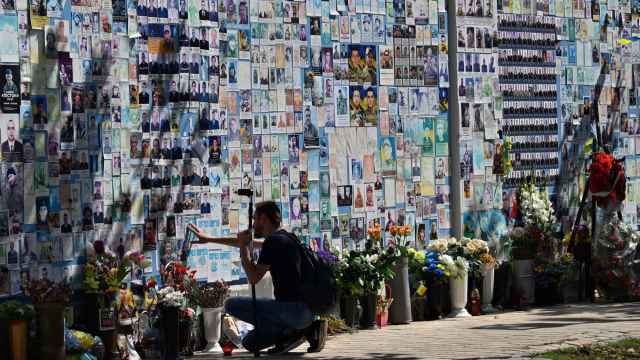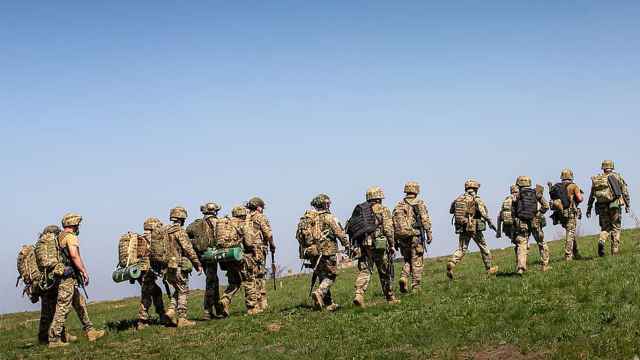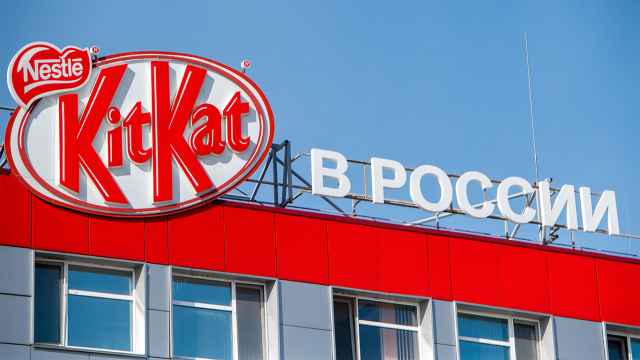Moscow-controlled areas of southern Ukraine could stage a referendum to become part of Russia as early as July, a senior Russian lawmaker said Wednesday.
Ukraine has accused Moscow of plotting to stage sham independence referendums in the southern regions of Kherson and Zaporizhzhia.
"I don't rule out that this may happen as early as July," said Leonid Slutsky, the head of parliament's foreign affairs committee and a senior member of Moscow's team of negotiators with Ukraine.
"I won't predict where it will take place, but I assume that the liberated territories will hold a referendum more or less simultaneously," Slutsky said in comments carried by Russian news agencies.
He called the move to stage the votes in Ukraine "logical".
Russian President Vladimir Putin sent troops to Ukraine on Feb. 24 but Moscow has repeatedly stressed it is not seeking to occupy Ukrainian territories.
But a growing chorus of Russian and pro-Moscow officials have indicated Moscow intends to remain in territories it controls in southern Ukraine, such as the Kherson region and large parts of Zaporizhzhia.
Separatist authorities in eastern Ukraine's breakaway regions of Donetsk and Lugansk said they would also want to become part of Russia.
Slutsky's comments follow remarks from another senior lawmaker, Andrei Turchak, who said there was "no doubt" that the four regions would join Russia.
The Kremlin said Wednesday that it was up to the people of those territories to "chose their future".
"We have no doubt that they will make the best decision," Kremlin spokesman Dmitry Peskov told reporters.
Moscow sent troops to Ukraine under the pretext of protecting the Russian-speaking population in the east of the country.
Moscow annexed the peninsula of Crimea from Ukraine in 2014, staging a referendum that has been condemned as illegal by the West.
A Message from The Moscow Times:
Dear readers,
We are facing unprecedented challenges. Russia's Prosecutor General's Office has designated The Moscow Times as an "undesirable" organization, criminalizing our work and putting our staff at risk of prosecution. This follows our earlier unjust labeling as a "foreign agent."
These actions are direct attempts to silence independent journalism in Russia. The authorities claim our work "discredits the decisions of the Russian leadership." We see things differently: we strive to provide accurate, unbiased reporting on Russia.
We, the journalists of The Moscow Times, refuse to be silenced. But to continue our work, we need your help.
Your support, no matter how small, makes a world of difference. If you can, please support us monthly starting from just $2. It's quick to set up, and every contribution makes a significant impact.
By supporting The Moscow Times, you're defending open, independent journalism in the face of repression. Thank you for standing with us.
Remind me later.


